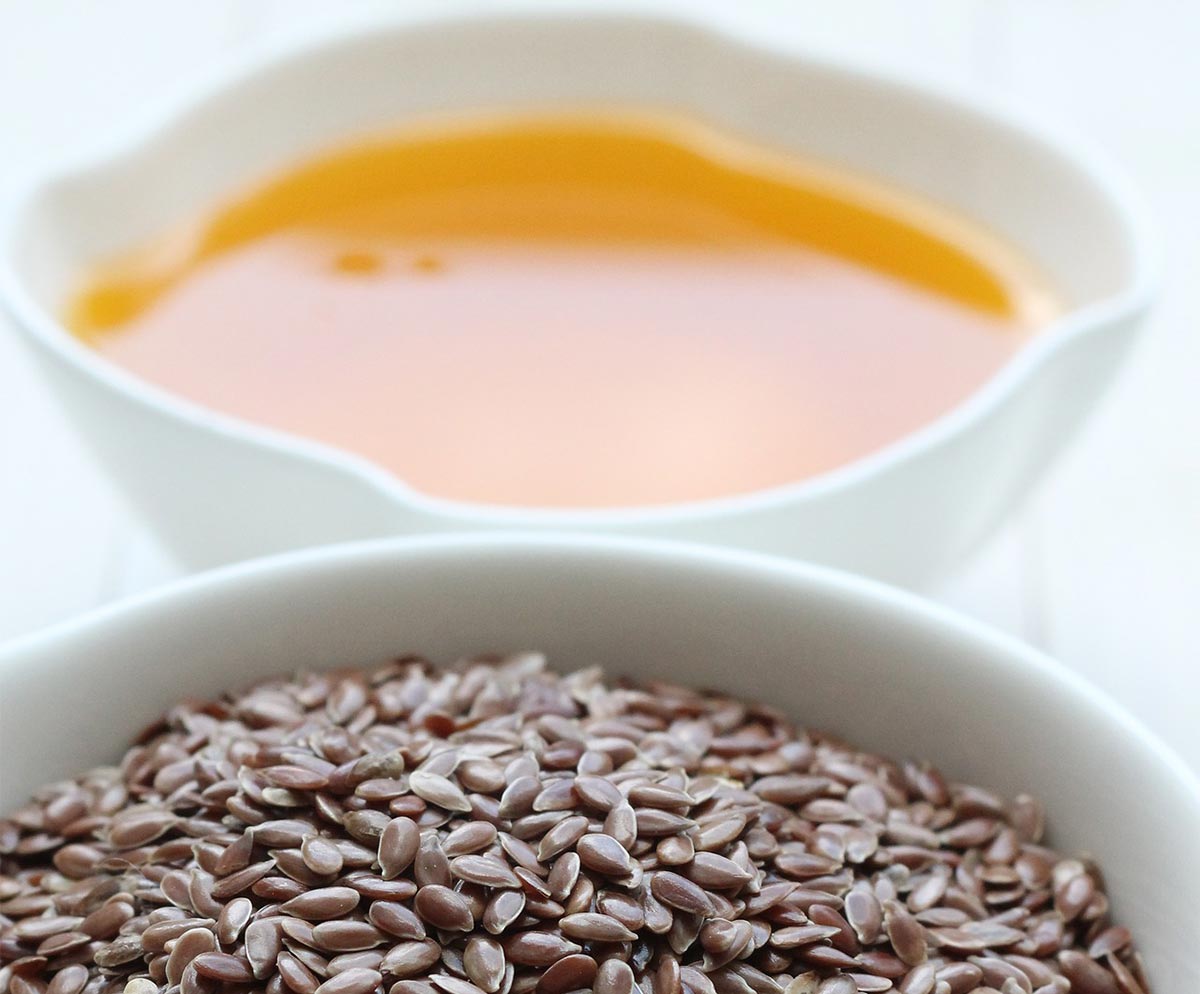Flax seed oil, also known as linseed oil, is a powerhouse of nutrition and an exceptional source of omega-3 fatty acids. It is often hailed as one of nature’s richest resources for promoting overall health and wellness. Whether used for its cardiovascular benefits, anti-inflammatory properties, or contributions to skin and hair health, flax seed oil holds a unique position in the realm of natural health supplements.
The Role of Omega-3 Fatty Acids
Omega-3 fatty acids are essential for the health of nearly every system in the human body. Flax seed oil not only contains omega-3s but also omega-6 and omega-9 essential fatty acids, which work together to maintain optimal cellular function. In fact, flax seed oil provides approximately 50% more omega-3s than what you might obtain from fish oil, making it a preferred choice for many health-conscious individuals.
These essential fatty acids (EFAs) support heart health by improving blood lipid profiles, lowering triglycerides, and helping to regulate blood pressure. They are also vital for brain function, contributing to improved cognitive performance and potentially reducing the risk of neurodegenerative diseases such as Alzheimer’s.
A Wealth of Nutritional Components
Beyond its omega-3 content, flax seed oil is a source of numerous essential nutrients. It contains B vitamins, potassium, lecithin, magnesium, zinc, and protein. These nutrients collectively support energy production, immune health, and proper enzymatic function. Additionally, the high fiber content in flax seeds aids digestive health, promoting regularity and reducing the risk of gastrointestinal disorders.
Cardiovascular Benefits
Flax seed oil has been extensively studied for its ability to lower cholesterol levels. Regular consumption can help reduce LDL cholesterol (the "bad" cholesterol) while boosting HDL cholesterol (the "good" cholesterol), thus improving overall heart health. The anti-inflammatory properties of omega-3s in flax seed oil are particularly beneficial for individuals with atherosclerosis, as they help reduce arterial inflammation and improve blood flow.
Moreover, flax seed oil supports heart health by mitigating risk factors such as high blood pressure and abnormal heart rhythms. Its role in lowering inflammation also extends to the prevention of heart attacks and strokes, making it a valuable addition to a heart-healthy diet.
Cancer Prevention
Flax seed oil is uniquely rich in lignans, plant compounds with antioxidant properties that have been linked to a reduced risk of certain cancers. Research indicates that populations consuming diets high in lignans exhibit lower incidences of colon and breast cancer. These compounds are believed to inhibit tumor growth by interfering with hormone metabolism and neutralizing harmful free radicals in the body.
Support for Weight Management
The metabolic benefits of flax seed oil extend to weight management. Omega-3 fatty acids help to increase the metabolic rate, which can support weight loss efforts when combined with a balanced diet and regular exercise. Additionally, the oil’s role in improving insulin sensitivity makes it beneficial for individuals managing conditions such as type 2 diabetes, where stable blood sugar levels are critical.
Skin and Hair Health
Flax seed oil has long been valued for its ability to promote healthy skin and hair. Its anti-inflammatory properties can alleviate conditions such as eczema, psoriasis, and dandruff, providing relief from itching and irritation. When consumed regularly, the oil helps to hydrate the skin, reducing dryness and improving elasticity.
The omega-3s in flax seed oil also strengthen hair follicles, encouraging the growth of thicker, healthier strands. Many users report an improvement in nail strength as well, with reduced brittleness and breakage.
Hormonal Balance and Women’s Health
Flax seed oil may offer relief from symptoms of premenstrual syndrome (PMS), such as mood swings, bloating, and breast tenderness. Its ability to regulate hormonal levels is particularly beneficial during the menstrual cycle. Additionally, flax seed oil can provide support during menopause, helping to alleviate hot flashes and other symptoms associated with hormonal fluctuations.
Addressing Dietary Deficiencies
Modern diets often fall short of meeting daily requirements for essential fatty acids. Flax seed oil provides an accessible and efficient way to bridge this gap. While flax seed capsules are available, the oil form is recommended for convenience and efficacy. Just one tablespoon of flax seed oil provides the same nutritional value as 10–15 capsules, making it a more practical choice for daily supplementation.
For those concerned about the taste, flax seed oil can easily be incorporated into smoothies, shakes, or salad dressings. Many users describe the flavor as mild and nutty, making it a versatile addition to a variety of recipes.
Practical Tips for Incorporating Flax Seed Oil
To maximize the benefits of flax seed oil:
- Store it in a cool, dark place to preserve its nutritional value.
- Consume it raw to avoid breaking down the delicate omega-3s through cooking.
- Start with small amounts and gradually increase your intake to avoid digestive discomfort.
A Nutritional Powerhouse
Given its impressive range of benefits, flax seed oil deserves a place in any health-conscious individual’s diet. From supporting heart health and reducing inflammation to enhancing skin and hair vitality, this humble oil offers a comprehensive approach to wellness. Start incorporating flax seed oil into your daily routine and experience the profound impact it can have on your health and quality of life.













